Coffee is important to the economies of coffee producing regions. A study published in PLOS Climate by Doug Richardson at CSIRO Oceans & Atmosphere, Hobart, Tasmania, Australia and colleagues suggests that climate change may significantly affect land where coffee is cultivated.
Coffee plants are sensitive to climate variability and change. However, the impact of synchronous climate hazards occurring in multiple areas important for coffee production is unknown. In order to better understand how large-scale climate modes such as El Niño Southern Oscillation (ENSO) may lead to simultaneous coffee crop failures in multiple countries, researchers conducted a systematic analysis of climate hazards and compound events in coffee producing regions from 1980-2020. They identified 12 climate hazards that threaten coffee crops in the top 12 coffee-producing countries, for example, exceeding daily maximum temperature that coffee plants can tolerate.
The researchers found that the number of climate hazards and compound events has increased in every coffee-growing region between 1980 and 2020. Additionally, the type of hazards have shifted from overly cool conditions to overly warm. More research is needed, however, to understand what kind of adaptations might mitigate global coffee crop failures.
According to the authors, “Our results suggest that El Niño is the primary mode in explaining compound climate event variability, both globally and regionally. Region-level hazards are therefore indicative of systemic risk to coffee production, rather than local risk. As with other crops, a systemic risk to the global coffee trade is posed by synchronized crop failures. With climate change projections showing a continued rise in temperatures in the tropics is likely, we posit that coffee production can expect ongoing systemic shocks in response to spatially compounding climate hazards.”
The authors add: “Since 1980, global coffee production has become increasingly at risk of synchronised crop failures, which can be driven by climate hazards that affect multiple key coffee-producing areas simultaneously.”

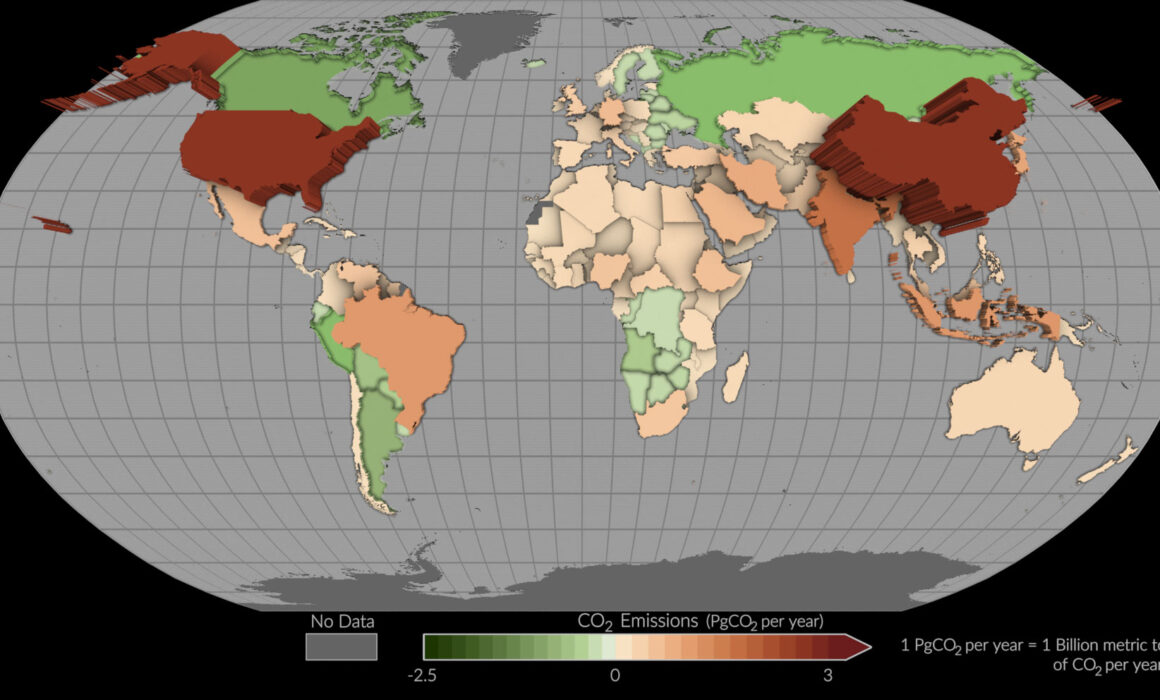
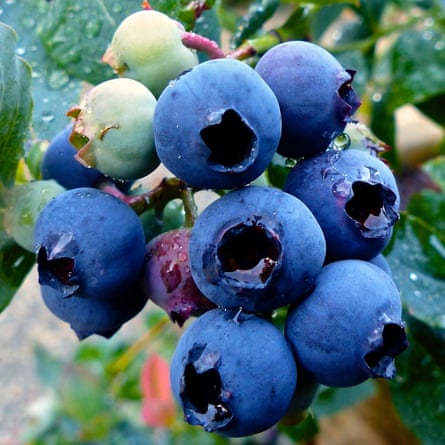


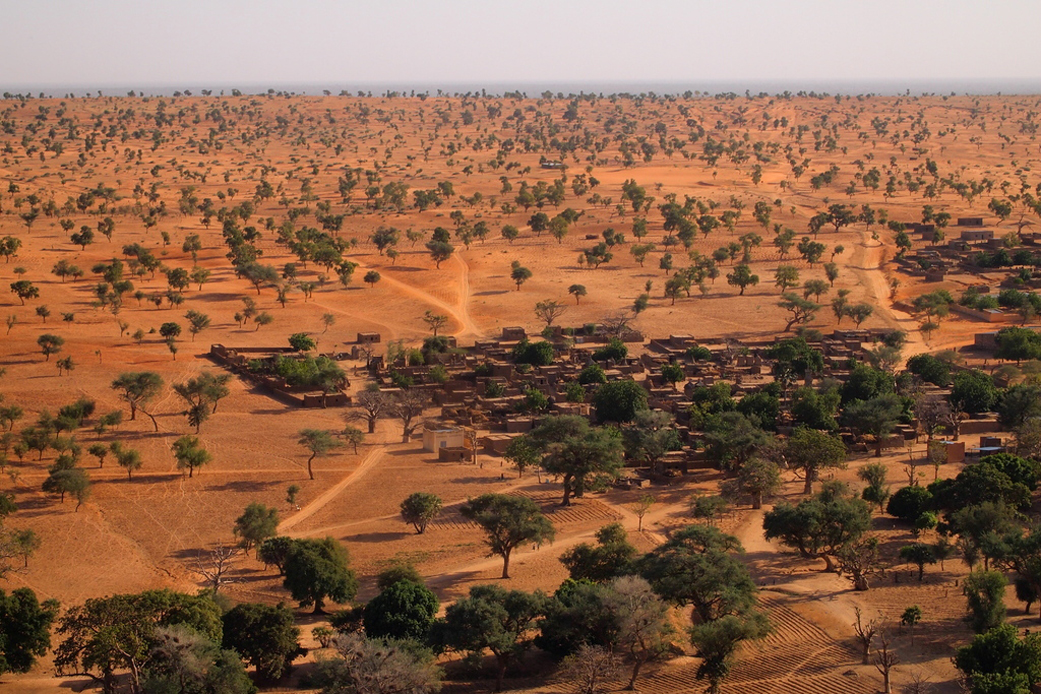
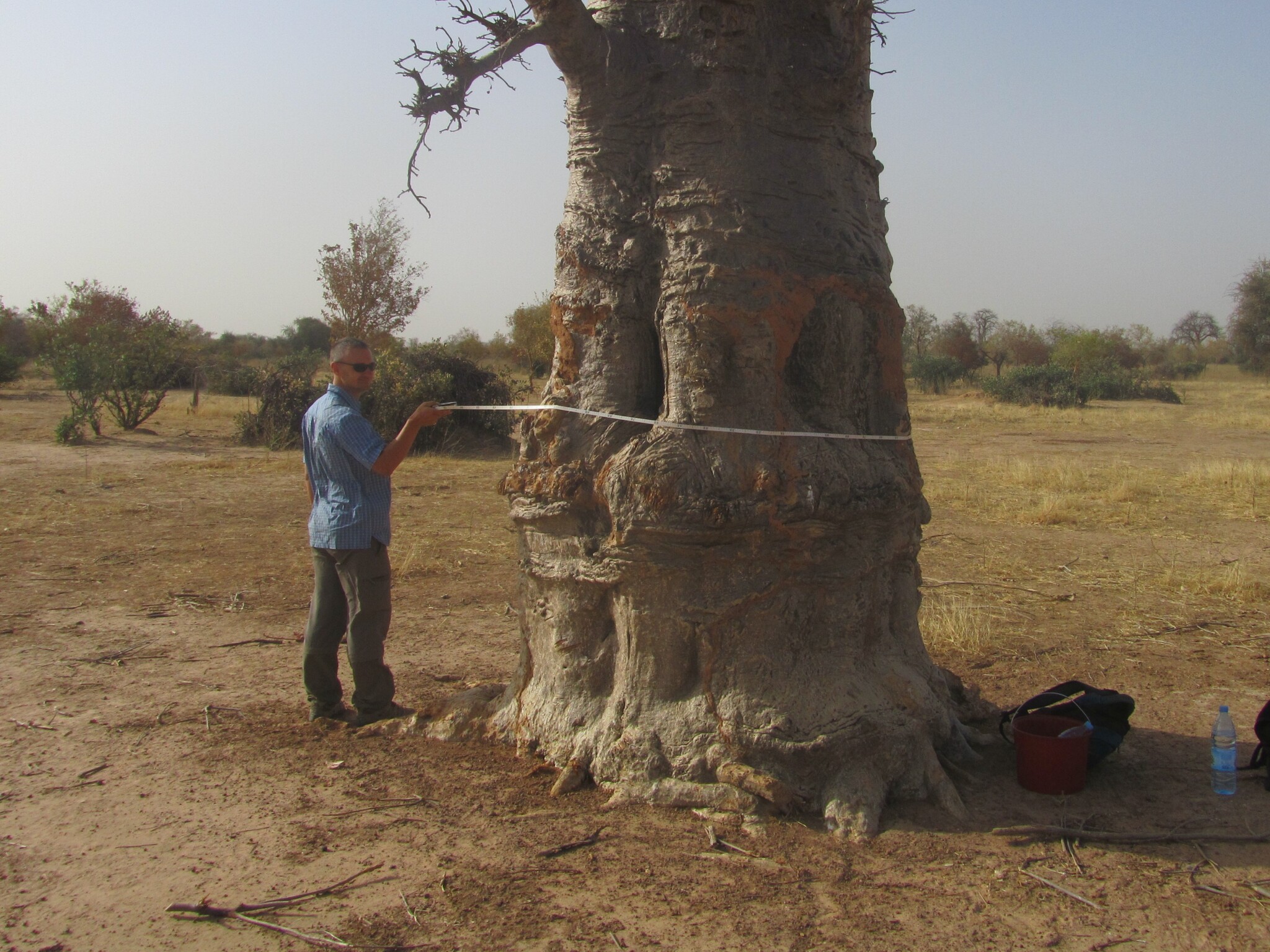
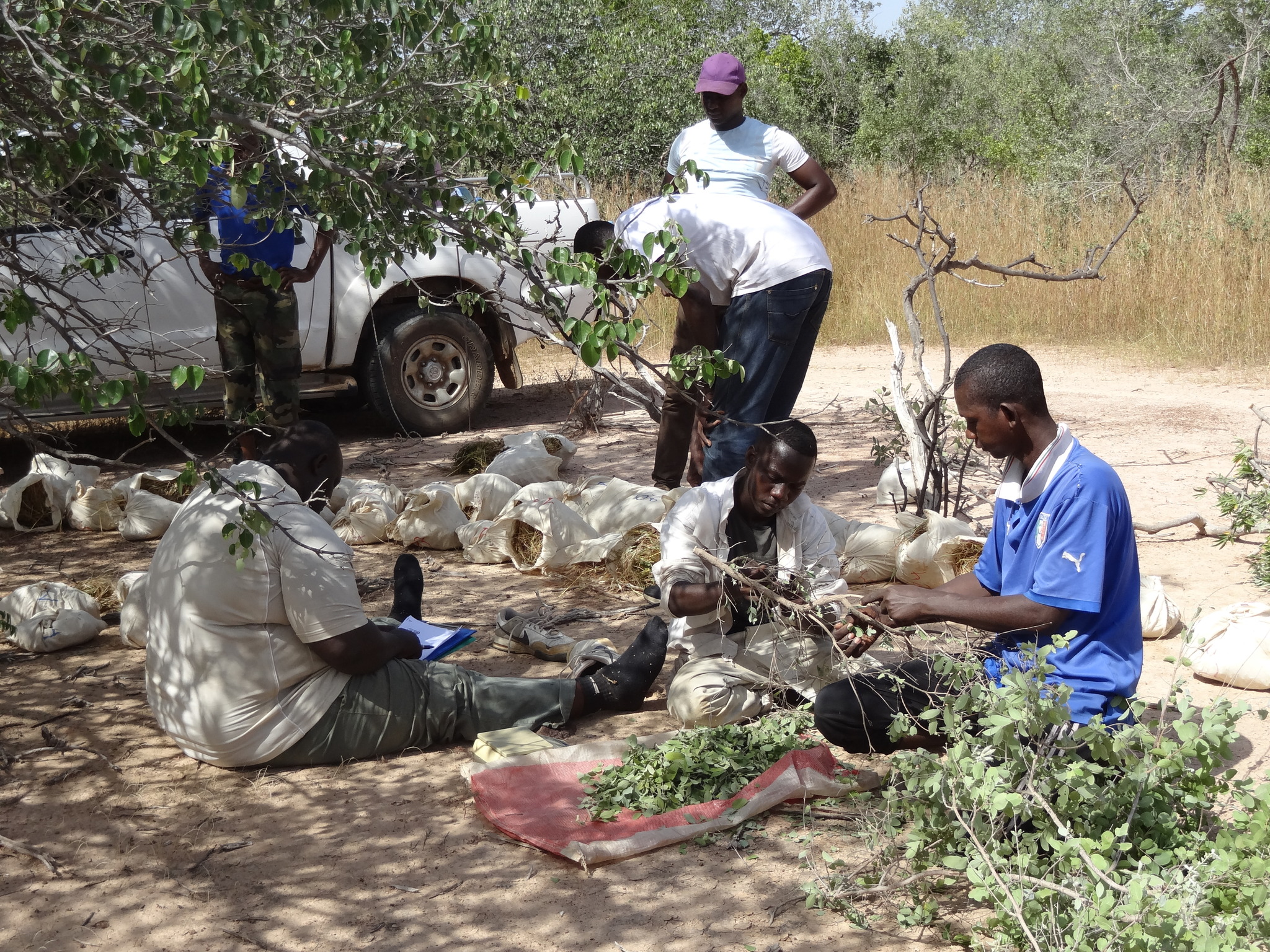

Recent Comments